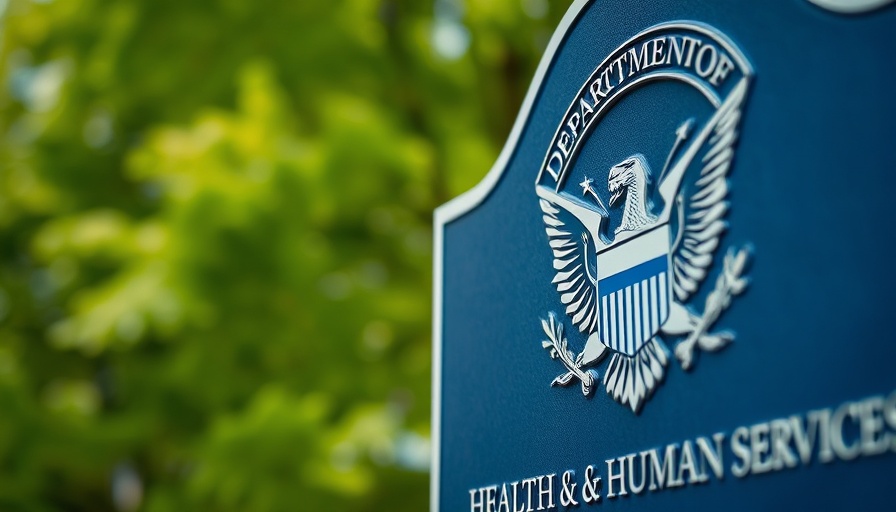
Understanding the Impact of CDC Firings
The recent mass firings at the Centers for Disease Control and Prevention (CDC) have raised red flags about the future of public health initiatives across the United States. The Trump administration's abrupt staff reductions, affecting nearly 10% of the agency's employees, targeted essential training programs like the Public Health Associate Program that have historically nurtured rising public health leaders. This abrupt disruption comes at a time when the world is keenly aware of the importance of a robust public health infrastructure.
A Ripple Effect on Local Health Departments
The CDC’s regional staff, often deployed to state and local health departments, play a crucial role in managing public health crises, from tuberculosis outbreaks to seasonal flu responses. As Gaël Cruanes, a former CDC public health adviser, mentioned, the work was not only about individual career development but was fundamentally about public safety. The dismantling of programs that prepare young professionals hampers the ability to curb infectious diseases effectively—a critical concern as we face public health challenges, including the resurgence of measles and other preventable illnesses.
The Current State of Public Health in Crisis
Public health systems have already been stretched thin due to budget cuts and the aftermath of the COVID-19 pandemic. According to reports, over 40,000 public health workers have been lost since the Great Recession, and the recent firings further exacerbate this crisis. The California health department's Anissa Davis remarked that losing trained personnel directly compromises health initiatives aimed at controlling the spread of diseases. The implications extend beyond immediate physical health concerns and tap into broader socio-economic challenges posed by inadequate public health support.
Actors in the Public Health Workforce: A Changing Landscape
Without the essential training and experience provided by programs that have successfully placed over 1,800 individuals in health departments nationwide, the future of public health looks increasingly uncertain. The CDC's long history of developing a well-trained workforce is now at risk. The potential loss of these experienced individuals threatens to undo decades of progress in public health education and community health engagement, which are vital for sustainable health outcomes.
What Lies Ahead for Public Health Initiatives?
Looking ahead, the need for a well-resourced CDC is clearer than ever. The ongoing restructuring and budget constraints imposed by political agendas challenge the basic functions of the agency, raising concerns not just domestically but globally. The CDC’s involvement in international health issues reinforces the interconnectedness of health in our globalized world. The repercussions of its diminished capacity could echo through future generations, highlighting the crucial need for advocacy and support from the public and policymakers alike.
Call to Action: Get Involved in Public Health Advocacy
As health enthusiasts and advocates for wellness, now is the time to engage actively in public health discussions and advocate for restoring funding and support to vital health programs. Your voice matters; whether contacting your local representatives or participating in community health initiatives, every effort can help shape the future of public health in America.
 Add Row
Add Row  Add
Add 




 Add Row
Add Row  Add
Add 



Write A Comment